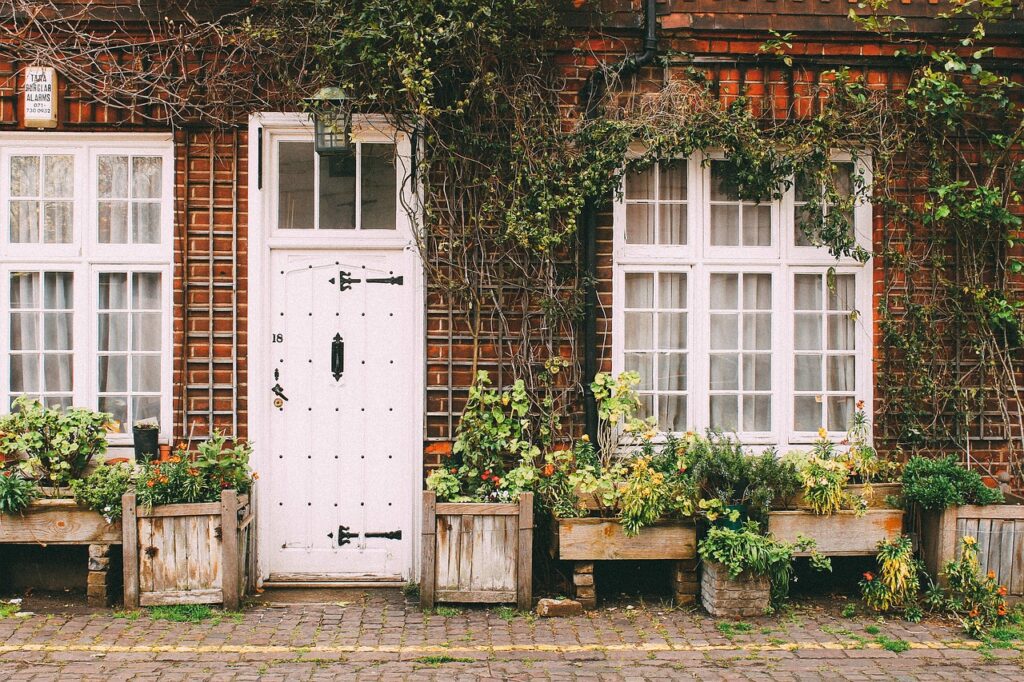Flipping older homes can be a lucrative venture for savvy investors and DIY enthusiasts alike, transforming a dated property into a modern and desirable home. It requires a unique blend of vision, budgeting, and execution to bring an outdated residence into the current century. Ensuring you have the right tools, knowledge, and resources at your disposal can make the difference between a profitable flip and a costly flop. Keep reading to unveil key strategies to revitalize an older home and turn a handsome profit.
Essential Repairs and Renovations To Maximize Home Value

Consider the home’s exterior as the first impression is paramount. Replacing an old roof can be a necessity, and choosing the right contractor is fundamental. Cool Roofs – Texas Roofing Company may be an ideal option to ensure quality services and durable materials that attract buyers’ attention while also providing long-term value to the home.
The right renovations can vastly improve the value of an older home. Focus on high-impact areas like the kitchen and bathroom, where modern and functional upgrades can sway buyers’ decisions. However, ensure quality workmanship to avoid the pitfalls of costly future repairs which could detract from your profit margin.
Efficient heating and cooling systems are also critical in adding value, providing comfort, and reducing energy costs for future homeowners. Updating the HVAC system isn’t just about making the house more comfortable; it can be a selling feature, especially in climates with extreme weather. Hiring experienced professionals like an HVAC contractor Hayes, VA, guarantees that the installation meets the high standards buyers expect.
Navigating Zoning and Permit Regulations for Home Remodeling

Understanding zoning laws and building permit requirements is vital to a successful flip. Regulations vary widely by location, and failing to comply can lead to fines and costly delays. Begin by visiting your local municipal planning office to acquire the proper permits and to understand any limitations you may face.
For investors flipping homes in historical districts or areas with strict zoning codes, the rules can be even more stringent. In these cases, it’s important to maintain the historical integrity of the property while making necessary updates, a balancing act that requires careful planning and often, the input of specialists.
Working with a knowledgeable local contractor can help navigate these complexities. They typically understand the ins and outs of local codes and can help expedite the permit process. Their expertise could become invaluable when a project involves significant structural changes or additions.
Cost-Effective Design and Décor Strategies for Older Homes

When it comes to design, it’s important to strike a balance between modern trends and timeless style. Utilizing neutral pallets for walls and fixtures can appeal to a broad demographic while allowing a new owner’s personal style to shine through with minimal effort.
Restoring original features like hardwood floors or decorative moldings can add unique character and charm that buyers love. Such features, when highlighted properly, can differentiate the property in the market, and justify a higher asking price.
When selecting materials, consider durability and cost-effectiveness. Many attractive laminate and composite options mimic the look of more expensive materials at a fraction of the cost. This can be especially effective for flooring, countertops, and cabinetry.
Marketing Your Flipped Home To Attract the Right Buyers

To successfully sell your flipped home, effective marketing is key. Utilize professional photography and staging services to display the property in the best possible light. Highlight the new features and upgrades that differentiate it from other homes on the market.
Choose a selling strategy that aligns with your target demographic. If you’re catering to a family-oriented buyer, marketing the proximity to good schools or parks can be beneficial. For young professionals, emphasize the home’s modern amenities, connectivity, or the vibrancy of the surrounding community.
Partner with a reputable real estate agent who understands the local market and has a proven track record with similar properties. They can provide valuable insight into competitive pricing and help navigate negotiations effectively.
Overall, the success of flipping an older home hinges on meticulous planning, quality renovations, and strategic marketing. By focusing on the right updates, ensuring adherence to regulations, and employing cost-effective design strategies, you can attract buyers willing to pay a premium for a beautifully updated home. With these tips and resources at your fingertips, your next older home flip could be your most profitable yet.



